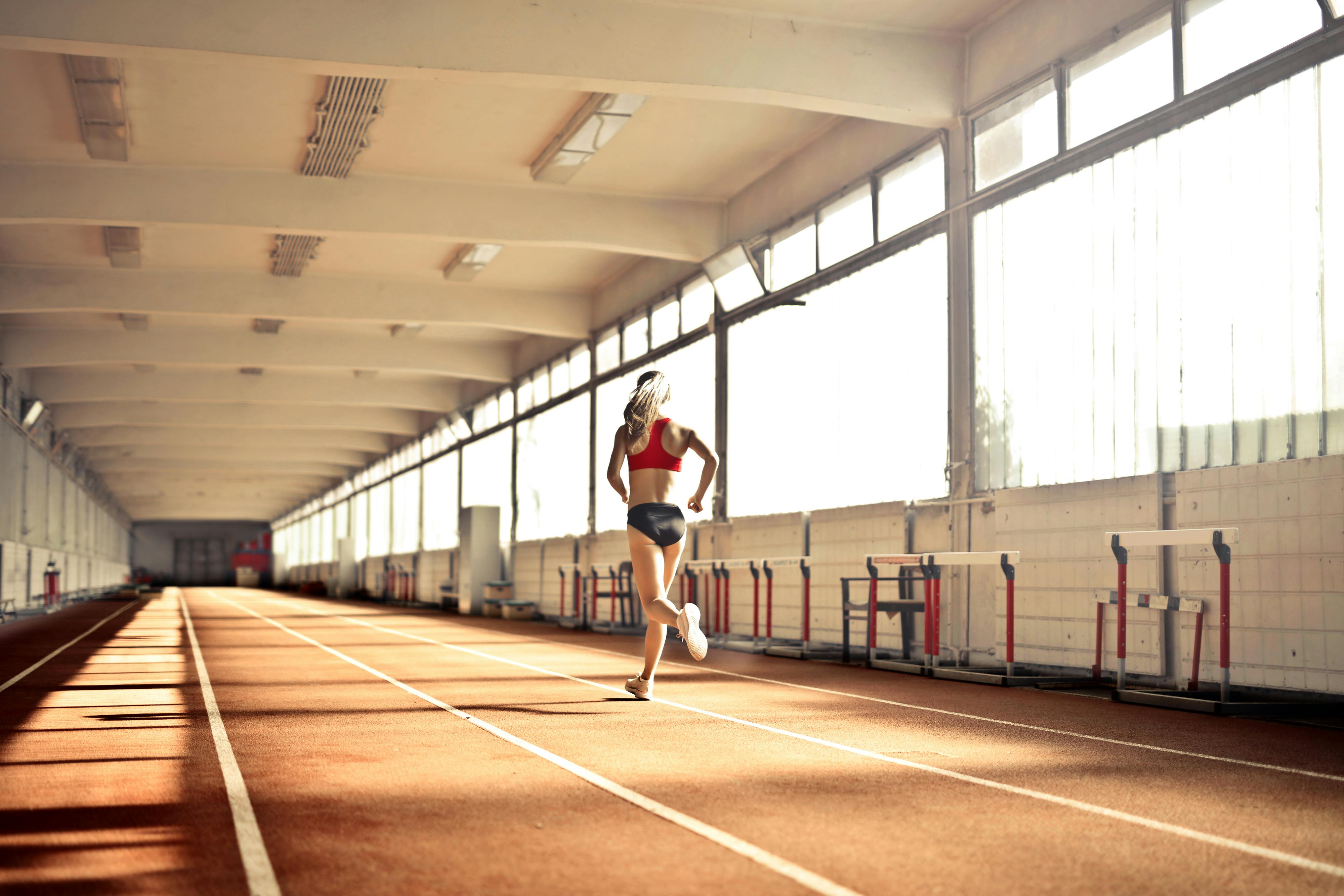I live on a mountain with curvy hilly roads. A few weeks ago there was a terrible accident. A car, driven by a drunk 18-year-old who was not wearing a seat belt, crossed the line on a hill and collided head-on with another car. The teen died and took his 15-year-old friend in the front seat with him. The girl in the back seat and the driver of the other car were taken to the emergency room and physically survived. My first thought: why didn’t anyone step in and stop that guy from driving? Of course, maybe at that teen party, none of his classmates would want to look “not cool, or maybe they were just too intoxicated and distracted.” Where were the parents – the ones responsible?
When I see groups of bikers drinking and laughing, I’m glad they’re having a great time and love the bond between bikers. Bikers are a tight-knit community. Drinking and cycling have long gone together, particularly in motorcycle events. At rallies where people bring tents, or have a motel room within walking distance, or a shuttle is provided, it’s not a problem at all. I was there, I did that, I loved it. I fear that the cyclists who get back on their bikes, with several drinks behind them, will go out again. Have you ever lost a friend or loved one in an alcohol related accident, whether on a motorcycle or in a car? Have you ever known someone who caused the death of another person because they were driving under the influence?
The National Highway Traffic Association (NHTA) states that “alcohol is a greater risk factor for fatal crashes involving motorcycles than other types of vehicle operation.” 1 in 3 fatal motorcycle accidents involves alcohol. The risk of a fatal crash per vehicle mile traveled is 26 times greater for motorcycle travel than passenger car travel (NHTSA, 2003).
NHTSA sponsored a focus group on why motorcyclists drive after drinking. One of the problems encountered was that traditional drunk driving messages have no impact on motorcyclists. Most motorcyclists thought that they were the exception to the effects of alcohol and that beer would not get them as drunk as liquor. Some thought that if they were going to drink a lot, they would drive a car, so if they were involved in an accident they would be more protected. The threat of damaging their motorcycle seemed to be more of a concern than personal injury or death to themselves or others.
A motorcycle or any motor vehicle can be considered a weapon. A defendant with vehicular manslaughter can be tried for murder, if there are the necessary elements to prove the murder. While a cyclist may not set out with the intent to kill someone, his or her actions at night may be so irresponsible that intent to kill is implied by law. Once that intent is determined, any drunk driver you kill can be convicted of second-degree murder. If the driver uses the defense that he did not know what he was doing due to alcohol or drug impairment, there is a small chance that the charges will be reduced to manslaughter or criminally negligent homicide. These laws vary from state to state. All states except Alaska, Arizona, Montana, and Oregon have vehicle-specific homicide statutes.
46 states and the District of Columbia have adopted a Zero Tolerance Law for people under the age of 21. A BAC of .01 or .02 for a minor is illegal, which varies slightly from state to state. Nearly 1/3 of all deaths among 15-20 year olds are the result of car accidents. About 35% of these deaths are alcohol related (NHTSA).
When we see a cyclist on the side of the road, we immediately want to offer assistance to help someone who considers themselves our partner. When we see a motorcyclist who has been drinking, how many of us would think it acceptable to offer assistance or alternate ways to get home? Should we collect motorcycle keys or keyless entry devices at the start of a party, have a designated driver with a truck? Do you have a safe place where he can safely leave a motorcycle? “Riders Helping Riders” is an instructional program by NHTSA to encourage cyclists to get involved if they see an intoxicated cyclist. The student guide provides many great tips and ideas to help you intervene if a friend or stranger gets into trouble that they may not realize at the time.
Personally, I have found that there are several very good beers that are non-alcoholic. Okay, I hear you scoffing, but this is my experience. I currently have a medical reason that prohibits me from drinking alcohol. If you drink and want to get drunk, this is not a good solution for you. If you love the taste of beer, maybe that’s a possibility.
Just as it has now become accepted practice to run jamming if a friend can’t drive his car after drinking, I hope the same solution can be accepted for cyclists. Let’s take care of each other.
